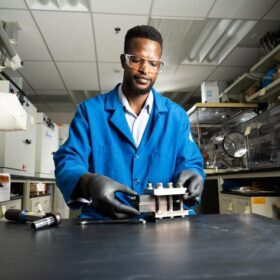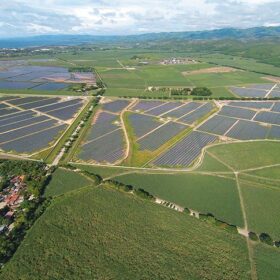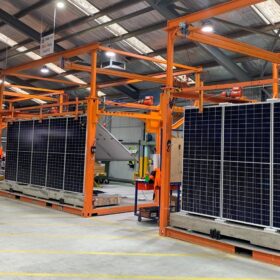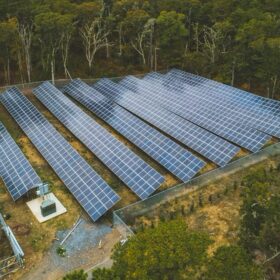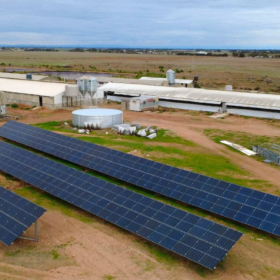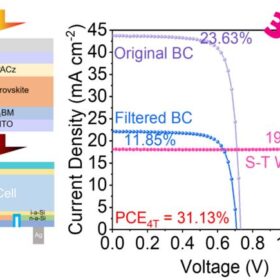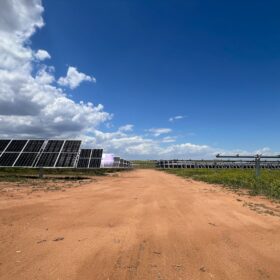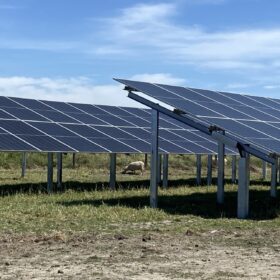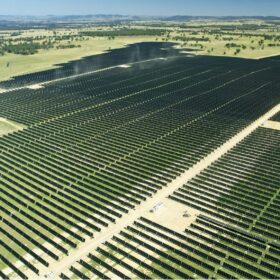Iron-based redox flow battery for grid-scale storage
Researchers in the United States have repurposed a commonplace chemical used in water treatment facilities to develop an all-liquid, iron-based redox flow battery for large-scale energy storage. Their lab-scale battery exhibited strong cycling stability over 1,000 consecutive charging cycles, while maintaining 98.7% of its original capacity.
ACEN and BrightNight to develop 1 GW of renewables in Philippines
Both active in the Australian renewables market, Philippines-based energy company ACEN has partnered with United States-headquartered producer BrightNight to develop the latter’s 1 GW renewable power portfolio in the Philippines.
5B eyes Australian expansion as work on Indian production plant begins
Modular solar pioneer 5B has commenced construction of a potential giga-scale production facility in India that is to improve its access to international markets, but the Sydney-headquartered company remains committed to its manufacturing operations in Australia.
Weekend Read: Mind the skills gap
Around 800,000 new workers will be required in Europe by 2025 for the battery industry alone and, more broadly, existing workers will need to be retrained as the continent’s industries transition away from fossil fuels. International competition for workers is becoming increasingly fierce. Where are these workers and the required skills supposed to come from?
Raising consumer confidence critical to energy transition, finds EY report
Energy providers, government and the broader energy ecosystem must raise up the access, appeal and affordability of clean energy in the United States, to help accelerate the uptake of clean energy.
Weekend Read: PV goes portable
Portable solar generators are making their way from the fringes of solar and energy storage to become a mainstream consumer item. The rise has been charged by a range of factors that have created massive brands. Where did the sector emerge from, who was buying before, who is buying now, and what’s next? Tristan Rayner reports.
Report finds community solar flourishing in the United States
The future is bright for community solar finds Arcadia, a utility data technology provider, in a new report. The report says the success of community solar is a result of US states strengthening support programs, federal legislation increasingly being implemented, and that billions of dollars are being invested in solar projects for all income levels.
Super Bowl to be hosted in first 100% renewable energy NFL stadium
The Allegiant Stadium in Las Vegas sources 10 MW of off-site solar, as well as wind, geothermal and hydroelectric power, among other sustainability measures.
Fortescue commits to major manufacturing facility in US
Fortescue has announced plans to open its first manufacturing centre in the United States, partnering with the state of Michigan to establish a production hub for automotive and heavy industry batteries, fast chargers and hydrogen electrolysers.
Solar sites linked to higher levels of insects
Scientists conducting a five-year research project in the United States have observed a tripling of insect numbers near two solar facilities built on rehabilitated agricultural land. They say the findings show how habitat-friendly solar could help protect insect populations and improve pollination in nearby agricultural fields.
